Reimagining Repressive Cultural Practices
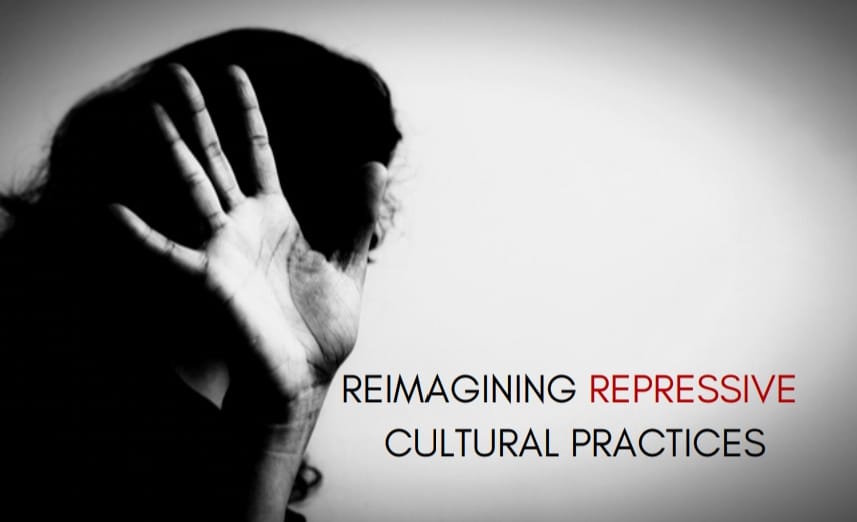
Reimagining Repressive Cultural Practices
Gender violence in the name of custom and tradition can happen anywhere, with anyone, and can be enforced by any family or any gender. Gender-based violence includes sexual harassment, assault, domestic violence, rape, or threats of such acts resulting in physical or psychological harm. This can limit one’s place in society, be it private or public space. We live in a society where beauty has been made synonymous with fragility, silence, all-enduring, and the damsel in distress. The gorgeous fairy who came down to earth for a refreshing bath in the wilds had her clothes stolen by a poor lad. She was stuck in earthly duties with a man who stole her clothes, hoping one day he would be kind enough to let her see her stolen clothes. Again women are prizes for a hunt, a settlement for disputes, someone who would give in to a man’s fantasy. These in turn become deeply embedded in our psyche, our practices, and social, political, and economic activities. This eventually leads to structural subjugation and violence against women, a vulnerable section of society.
Within this arrangement, ‘consent’ has become unimportant. Consent needs communication. It requires only an affirmative “Yes”. Any other form of response- a silence, a “maybe”, being unsure cannot be assumed as consent. We are brought up in a society where we listen to stories of girls being pursued even after rejecting a romantic approach. “No” as a response has been made empty. It has no value in our movies or songs, worse so in our lives. Girls are expected to give in sooner or later to such proposals. This in turn becomes our assigned gender role. Both men and women become victims. And even today, we hear of girls and boys being victims of ‘forced elopement’.
When I was subjected to one such ordeal, I see people commenting, “You didn’t get raped, why to make a big deal out of it?” “So you weren’t murdered, are you?” “He should have made you his, how stupid of him!” “The perpetrator is at least humane, he didn’t rape her.” Still echoes in my ears! These things haunt me. The injustice of any form is still injustice, be it language, gesture, or touch. It does not always have to be rape or murder to highlight the need for change. How many more women need to sacrifice their lives to make it an issue? At some of my lowest points, I did wonder if I were found dead, would people finally understand the gravity of the issue? That this needs to stop here, now! But I am extremely grateful that I got out of it alive, that I could reach home and talk about it. Consent should help us break from this norm and the stereotypes we are subjected to.
We are made aware of the structure of society, gender relations, the everyday norms, and practices, which many of us believe are normal, and which are not. Right from birth, we have been raised with certain expectations. It is usually wishes and congratulations for the birth of a male child and disappointment for the female child. Boys are taught to be tough while girls are to be sweet. Boys should not cry or show signs of weakness else they are laughed at, taunted, and harassed. They are the protector, someone who will carry on the forefather’s name. Meanwhile, girls are disciplined to talk, eat or sit gracefully. We grew up learning household chores with our mothers and sisters, washing our brothers’ clothes, and cleaning our father’s dishes. We cannot roam freely like our male counterparts; we cannot be acquainted with random males else we are labeled immoral. And the list goes on. So, when a crime against women happens, the eyes are often on the victims/survivors rather than the perpetrators. One of the many reasons such crimes go unreported is the tiring and uncomfortable legal procedures where the officials are not sensitized enough. Many a time the victims find themselves having to explain why she was in contact with the accused and justify themselves against the judgments perceived by these officials or the public. The focus usually shifts toward the woman’s character, how she carries herself and why she was at the crime scene. These often create fear, shame, feeling unsafe, and a lack of confidence in survivors. The judiciary proceedings were not only exhaustingly long but also take a toll on one’s mental health. One of the hardest things I had to do was swallow back my tears. I felt unsafe in many offices that solely address women’s issues. Many others must have. It is time we check our institutions; it is time we educate ourselves.
Education is not just about the degrees one has obtained. When someone who holds a reputed position in one of the top universities of the country, and a family who has explored the country and learned about different cultures, participated in such shameful and inhumane practice where are we heading towards? Is the education system we are exposed to nurturing us the right way? Isn’t it time we unlearn certain customs and traditions? While we try to send our kids to higher education, putting them under great expectations, to reach the moon one day, perhaps, or the Nobel Prize, the laurels to adorn our homes, have we forgotten to teach them how to be human first, the purpose of relationships, the beauty of being alive? It is high time we check what we are teaching our kids. In addition to this, many in the field of research, have achieved degrees from reputed universities, joined the top universities around the world, and have published so many excellent scholarly works on social issues, particularly on women’s issues. Yet, somewhere along those arguments, theories, epistemology, and ontology seem to be confined within academia and too detached from the ground realities. So, are we doing enough? Or are we just so comfortable in our privileged world? What is the purpose of all those arguments, theories, and debates if we are unable to convey our ideas to our people?
However, one cannot ignore the fact that there are real fighters, individually as well as collectively, who fearlessly and selflessly dedicate their lives to improving society. But many of us don’t. We should feel concerned that we, no matter how ‘progressive’ we claim we are, live in a society where consent barely matters, and women are left with little say in ‘forced elopement’. We should be concerned that women are made to believe it is part of our lives, that, it is inevitable- being born and raised to safeguard our bodies, to uphold our families’ prestige, bear the weight of shame of having spent a night against our will. We are exposed to the normalization of abuse and violence that we have internalized and turned to moral policing, and participate in a system where we are the victims. We live in a society where we are left with no choice but accept fate and live the rest of our lives braving abuse. We are the descendants of Linthoingambi, we are the Ema of Nupi Lal, known worldwide for our women-only market, the one and only Ema Keithel. What are we really behind these images? Where have our voices been lost under these illustrations? We are openly celebrated for our strength, resilience, and courage. Yet many such women are locked up, abused, threatened, forced, assaulted, and murdered behind closed doors! What are these glorifications for when we aren’t listened to?
As for me, as a survivor, I am still quite unsure whether I have healed or denied it. Sometimes I am scared that the pain might come back suddenly like a nightmare waking up emotions that I never knew existed. I hope it does not. Someone told me I let them win if I get sucked into the pain they have caused. And another told me I am brave for standing up and raising my voice against such crimes. Yet, I am not sure whether I am weak or brave or how to make sense of it. Whether I am truly strong or if I have feigned strength so I don’t give in. Sometimes I wish it was just a dream so that I won’t have to make sense of it. I read a line from Murakami recently, “I need to learn not just to forget but to forgive.” I have thought about it and imagined myself finally forgiving what happened. However, it does not feel right. And I have found peace in assuring myself that it is okay to move on, to forget, without having to forgive. Because what happened to me was never okay, it will never be okay. It is never okay. We should not trivialize gender violence of any form lest it repeats. But no such incident describes one. I have good things to look forward to. I have a beautiful life, full of beautiful people to share with.
It is still ambitious to hope for a sudden change. But it is time we open up conversations on consent, make room for difficult conversations, and make people aware of what consent means in a relationship. Also, it is comforting to witness people standing up for gender equality in every sphere. There are people and places that offer a safe space. An increasing number of the younger generation are interested in opening up difficult conversations and fighting for justice. Organizations, institutions, and individuals are well-equipped to deal with sensitive issues surrounding gender violence. And as responsible human beings, we must critically observe ourselves and our surroundings. We must let go of certain beliefs and practices and stop participating in structural violence.
-Anna: The author wants to remain anonymous.
PS: This article was first published in HY News 1st Edition of the monthly Magazine.

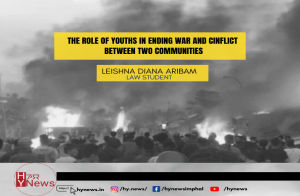

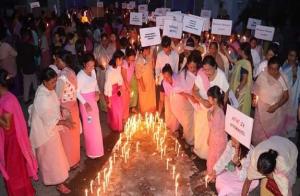

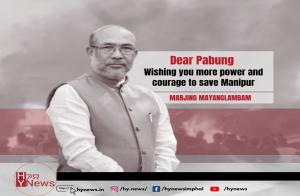
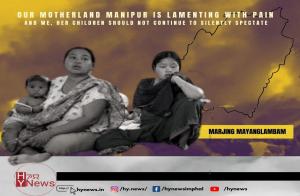




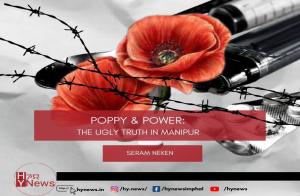

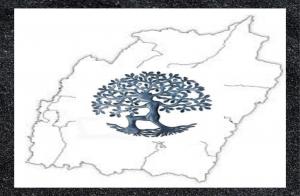




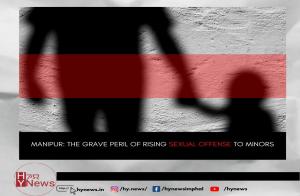


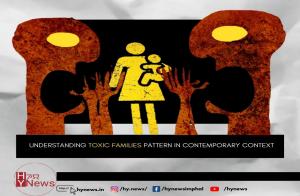
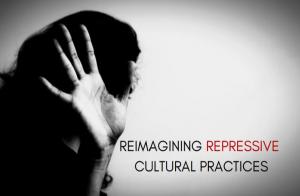
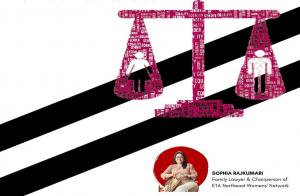
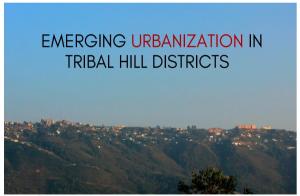


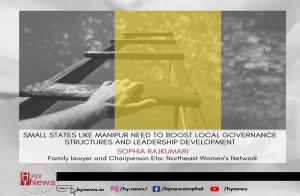








Leave Comments